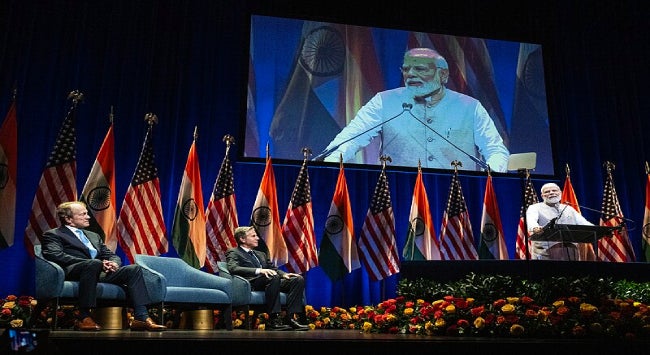
| Title: | The India-US-China Triangle in South Asia: Competition Drives Adaptation |
| Author/s: | Monish Tourangbam |
| Abstract: | Washington’s outlook towards South Asia deserves attention post United States’ (US) withdrawal from Afghanistan which sucked its strategic bandwidth and economic resources for two decades. One of the primary reasons for pulling out of the long-drawn-out war in Afghanistan was to devote the US’ resources and strategy to the more consequential competition with China in the Indo-Pacific. In this context, US priorities in continental and maritime South Asia need to be juxtaposed with the downward slide in India-China relations, the growing US-China rivalry and the burgeoning India-US strategic cooperation. The interaction among these three dyads produces a complex strategic triangle of cross-pollinating capabilities and intentions. The history of the India-US-China triangle and its contemporary evolution is a crucial indicator of the challenges and opportunities for peace and stability in South Asia. |
| Date: | 14 November 2023 |
| Read More |
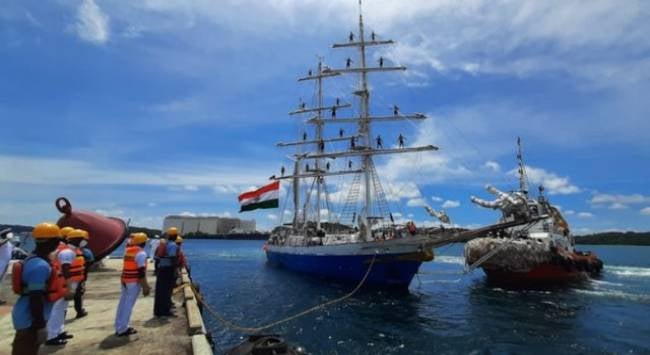
| Title: | Resolution of the India-Sri Lanka Maritime Border Conflict and Fisheries Dispute |
| Author/s: | Rajni Gamage, Isha Gupta |
| Abstract: | The 64 kilometres of ocean between Tamil Nadu and Sri Lanka – the region of the Palk Bay – has been fraught with conflict and violence over the past few decades. These crises arise from the dispute over territorial rights to poach around the island of Kachchatheevu in Palk Bay. The fisheries dispute poses serious economic and environmental ramifications that most affect the local fishing communities on either side of the Palk Bay who rely upon marine resources for their livelihood. The internal politics in India and Sri Lanka have contributed to rising tensions and the lack of resolution. This has deeply affected the bilateral relations between the two states, as seen by the longstanding dispute over the sovereignty of Kachchatheevu. India and Sri Lanka’s implementation of the proposed policy solutions – strict action to ban the use of bottom trawlers, permits for fishermen to poach on both sides of the maritime boundary, restricting fishing to sustainable levels and establishing an authority specifically to manage the Palk Bay maritime concerns and regulations – could assist with reducing the immediate conflict in the area as well as lessening the long-term environmental damage. |
| Date: | 23 August 2023 |
| Read More |
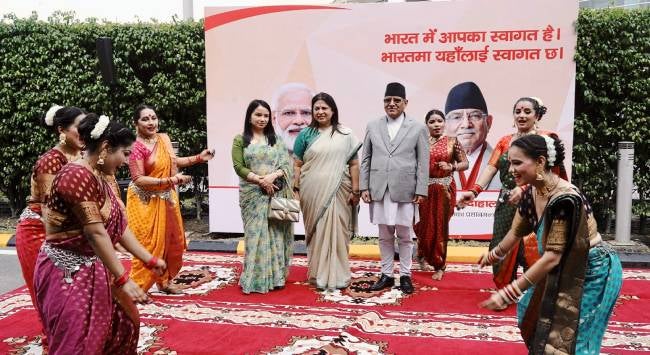
| Title: | Nepal’s Foreign Policy Priorities |
| Author/s: | Amit Ranjan, Kamal Dev Bhattarai |
| Abstract: | Nepal’s Prime Minister Pushpa Kamal Dahal, who ascended to power on 25 December 2022, faces an arduous task of maintaining cordial ties with the big powers, particularly India, the United States and China. After returning to power, Dahal’s first foreign visit to New Delhi from 31 May to 3 June 2023 indicated Kathmandu’s preference. This paper analyses the foreign policy priorities of the Dahal-led coalition government. The coalition is a mixed bag of communist, liberal democratic and Madhesi ethnic parties. Due to differences in the political ideology of the alliance partners, the coalition government’s Common Minimum Programme does not provide any specific guidelines on how the government should conduct its foreign policy. |
| Date: | 17 August 2023 |
| Read More |
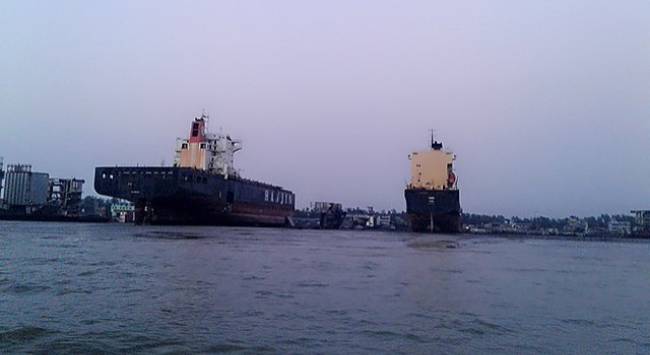
| Title: | Connectivity and Cooperation: The Bay of Bengal and Bangladesh in the Indo-Pacific Region |
| Author/s: | Tariq Karim |
| Abstract: | Our planet Earth is an Oceanic planet in which all the oceans are connected. Sea power and the ability to keep the sea lanes open with unhindered passages remain key to development as well as in enabling persuasive or extractive power over others. The vast volume of trade was historically conducted across the sea lanes, and this is even more relevant today. Since the early 1970s, the locus of competing power play has shifted to the Indian Ocean. The Indo-Pacific narrative of today is at the centre stage of global discourses. In this context, we see the rising emergence of the Bay of Bengal in the continuing competition or contestation for control of sea lanes and the reviving importance of the region for global trade and development. |
| Date: | 3 August 2023 |
| Read More |
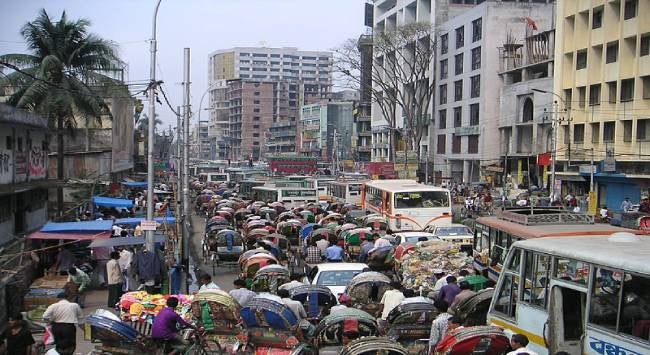
| Title: | Bangladesh LDC Graduation and Impact on Export Subsidies |
| Author/s: | Mohammad Masudur Rahman |
| Abstract: | Export subsidy reform is a crucial policy debate for many developing countries. This study analyses the impact of eliminating export subsidies for Bangladesh using a computable general equilibrium framework. Our simulations indicate that the partial removal of export subsidies positively affects the gross domestic product (GDP). If we reduce export subsidies by 50 per cent and transfer this funding from the government to the targetted seven low-income household groups, real GDP may increase by about 0.81 per cent. Government transfers to the households lead to an increase in real income for all seven targetted households, especially rural households where incomes rise on average by 2.5 per cent. This study indicates that there are significant opportunity costs associated with export subsidies, and household income could be enhanced by redirecting the spending to more productive channels. |
| Date: | 11 May 2023 |
| Read More |
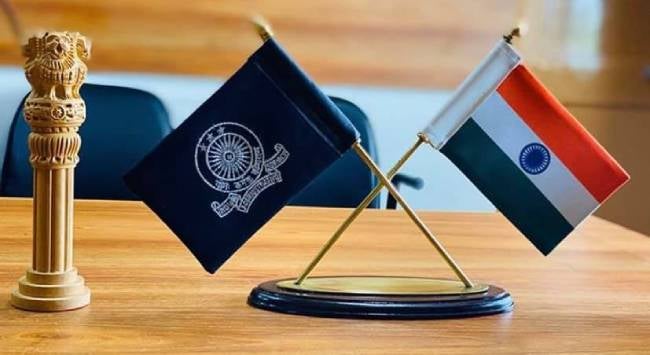
| Title: | Reforming the Indian Administrative Service |
| Author/s: | Arvind Mayaram |
| Abstract: | It has become necessary to right-size the Indian Administrative Service (IAS) and declutter the top, which has too many senior officers with very little to do. The present process of promotions in the service and empanelment for central deputation must be merged. As in the armed forces, a certain percentage of officers must be allowed to leave with full benefits after 20 years of service. The screening should be so devised that an officer becomes secretary at around 50 years so as to have two tenures of five years each. There is a need for a separate examination for the IAS so that a candidate is assessed for an analytical mind and a universal and cosmopolitan outlook to be able to take on the role of a policy planner. The recently introduced component of posting officers as assistant secretaries in the central ministries after completing their two-year institutional training is counterproductive as it exposes them to the complexities and often frustrating procedures, making them cynical of government operations. The political executive must recognise the seriousness of the problems in the civil services and objectively undertake a paradigm shift in administrative reforms. |
| Date: | 4 May 2023 |
| Read More |
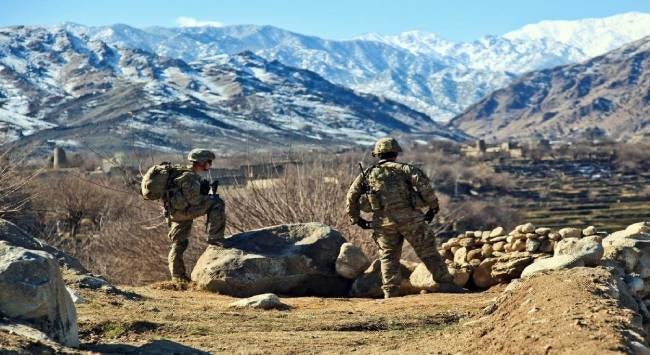
| Title: | End of the Afghanistan Era in Washington’s South Asia Strategy |
| Author/s: | Monish Tourangbam |
| Abstract: | The chaos that ensued in Afghanistan after the hasty American withdrawal and the dramatic takeover of power in Kabul by the Taliban brought an era to an end, and with it, Washington’s South Asia strategy stood at an inflexion point. As United States (US) President Joe Biden forcefully justified his decision to withdraw American forces and shift to the dependence on ‘over the horizon’ counter-terrorism capabilities, many across the world questioned the US’ credibility and role as a security guarantor. The US’ retrenchment from the Afghan theatre also meant a change in its relationship with Pakistan. Increasingly, US policymakers were becoming critical of Pakistan’s duplicitous role in the war on terrorism, while Pakistan, on the other hand, accused Washington of not acknowledging its sacrifices. In this midst, the US approach to India was taking a much more strategic and broader direction in the context of shared concerns over China’s assertive rise and the pursuit of a free, open and inclusive Indo-Pacific. Therefore, it becomes imperative to assess Biden’s approach to South Asia in the aftermath of the withdrawal from Afghanistan and the turn towards the Indo-Pacific as the region of consequence. |
| Date: | 17 February 2023 |
| Read More |
Load more


